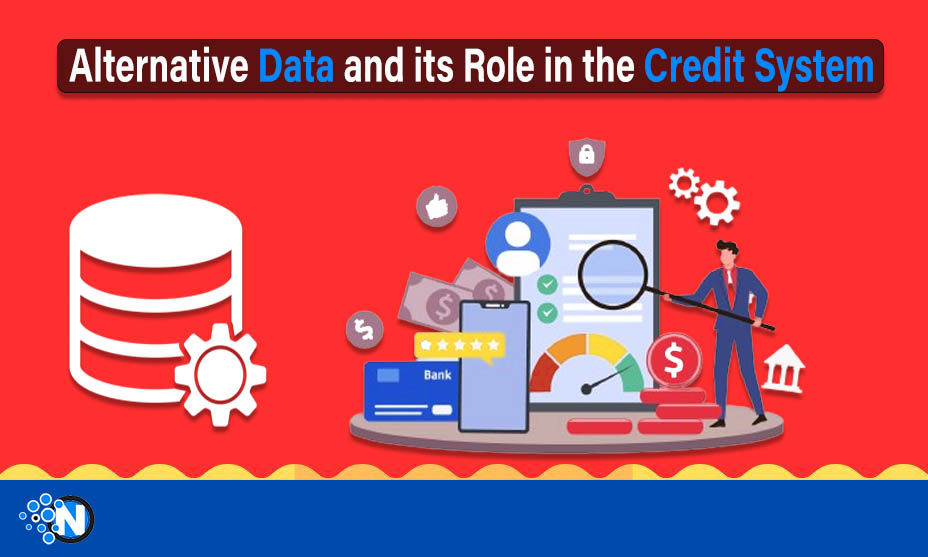
In the US, credit scores are a critical indicator of one’s financial stability. This score can impact a lot of areas of someone’s life, from interest rates and loan approvals to housing and job prospects. Having a high credit score is crucial for anyone hoping to reach major financial goals like owning a home. A high score can be obtained by having a long history of consistently paying back debt payments on time.
People and Their Struggle Towards Good Credit
76 million Americans struggle with inadequate credit history. This group can be further divided into two categories: 16 million people who have no credit history and 61 million people with thin credit files. Young adults, immigrants, and people who mostly use cash are disproportionately affected, which makes them more susceptible to increased interest rates and the inability to obtain financial help in emergency situations.
A low or nonexistent credit score has consequences that go beyond restricted borrowing possibilities. It can lead to outrageous interest rates, which over the course of the lending term can cost borrowers tens of thousands of dollars more. Having a good credit score is also important for emergency loan access—many Americans do not have enough resources for unanticipated costs.
Using alternative data during the credit scoring process is gaining popularity as a solution to these problems. This Fair Credit Reporting Act-compliant data uses non-traditional payment histories, such as telecom and utility bills, to show a person’s dependability as a borrower. This inclusive strategy allows a sizable portion of the previously unscorable population to demonstrate their creditworthiness and gain access to credit.
Concluding Statement
Because alternative data offers a more inclusive and thorough evaluation of financial activity, it can remove the obstacles that millions of people face when trying to obtain credit. This innovation in credit scoring also helps lenders make more comprehensive judgments, which in turn creates a more equitable financial ecosystem.





